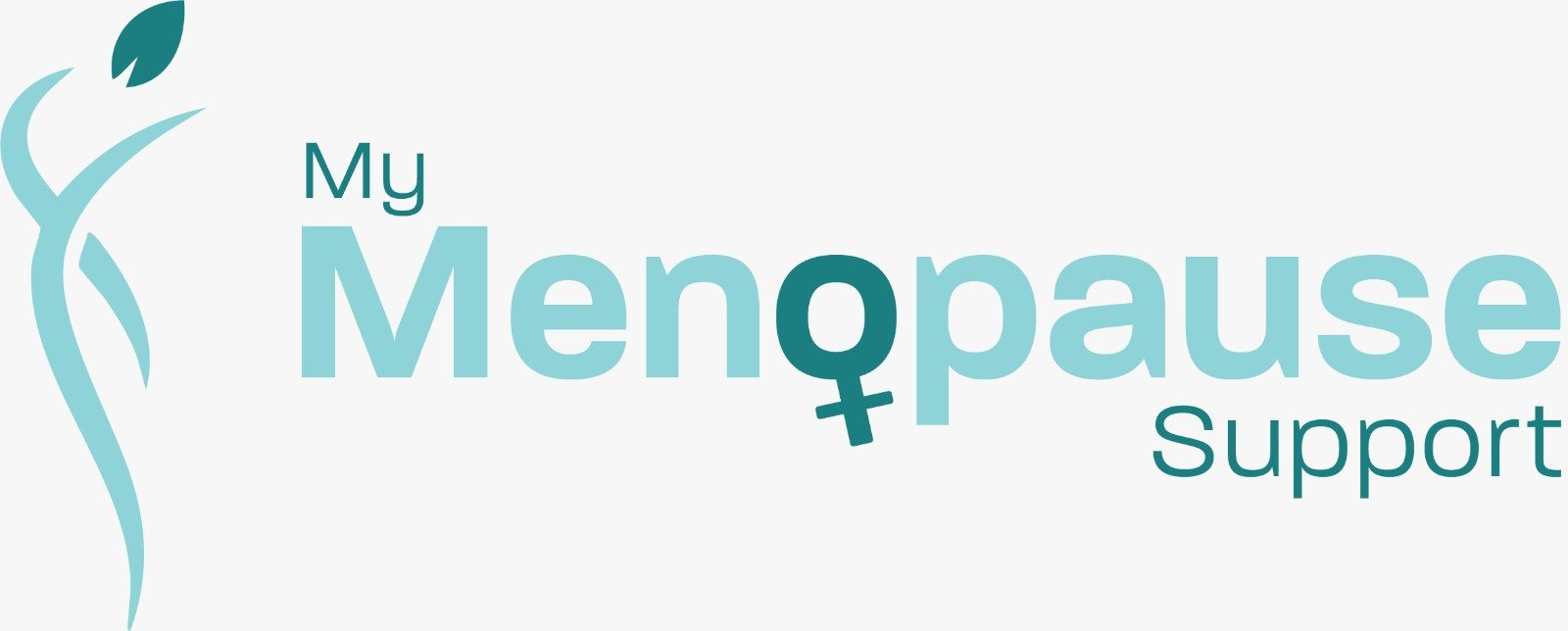Contraception Consultation
Perimenopause Contraception: A Specialist Consultation
Navigating Your Contraception Needs in Midlife
For decades, your contraception choice may have been a simple, settled part of your life. But as you enter perimenopause, the landscape changes. Suddenly, you’re navigating irregular cycles, new symptoms, and a great deal of uncertainty. It’s a time filled with questions: Do I still need contraception? Can my contraception help with my new symptoms? When is it safe to stop?
This confusion is normal. Your contraceptive needs in your 40s and 50s are different, and they require a different kind of conversation. At MyMenopauseSupport.org, I provide a dedicated Contraception Consultation designed specifically for women in this life stage. This is a confidential space to move beyond a simple prescription and create a smart, forward-thinking strategy that addresses your unique needs for pregnancy prevention, symptom management, and your future transition to HRT.

Contraception
Why the Conversation is Different in Perimenopause
Contraception in midlife serves a dual purpose. We are not just preventing pregnancy; we are often looking for solutions that can simultaneously manage the challenging symptoms of perimenopause. A specialist consultation is crucial to explore:
Your Ongoing Fertility
Yes, you can still get pregnant during perimenopause. As long as you are having periods, however irregular, ovulation is still possible. We will assess your individual situation to understand this risk.
Non-Contraceptive Benefits
Many modern contraceptive methods offer significant benefits beyond pregnancy prevention, such as managing heavy, painful periods, stabilizing mood swings, and even reducing the risk of certain cancers.
The Bridge to HRT
Your choice of contraception now can create a seamless bridge to Hormone Replacement Therapy (HRT) later. For example, certain methods can serve as the progesterone component of your future HRT, simplifying your treatment.
Safety and Health Profile
Your health profile changes in midlife. We will conduct a thorough risk assessment to ensure your chosen method is safe and appropriate for you now, considering factors like blood pressure, migraines, and cardiovascular risk.
Contraception Options
Your Contraception Options in Perimenopause
We will have a detailed discussion about all your options to find the best fit for your health and lifestyle. Key options for this life stage include:
Intrauterine System (IUS / Hormonal Coil)
- An IUS (like the Mirena coil) is a small, T-shaped device fitted into the uterus. It releases a very low dose of progestin, providing highly effective, long-term contraception (5+ years).
Hormonal Contraceptives (Pills)
- Low-Dose Combined Pill: Can be a good option for healthy, non-smoking women to regulate cycles and manage symptoms like mood swings and hot flashes, while providing contraception.
Other Progestogen-Based Methods
Options like the contraceptive implant or injection are also available and can be suitable for some women.
Non-Hormonal Options
- Copper Coil (IUD): A highly effective, long-term, hormone-free option.
- Barrier Methods: Condoms remain essential for protection against sexually transmitted infections (STIs).
- Sterilisation: For those who are certain their family is complete.


Frequently Asked Questions
It was very comfortable talking to Dr Dudeja about the symptoms I have been experiencing. She made me feel at ease so I could explain everything in detail.
I was made to feel at ease and comfy very quickly which helped me relax and explain my struggles and symptoms .

